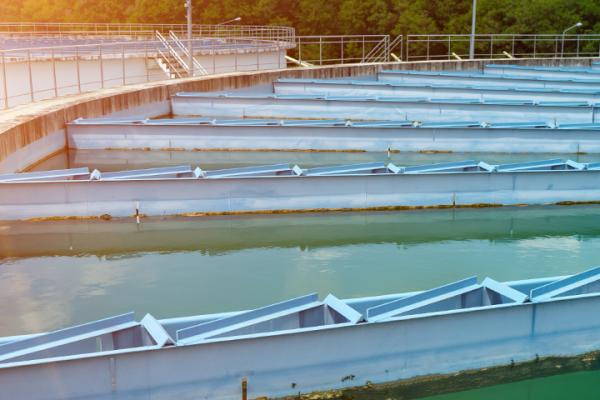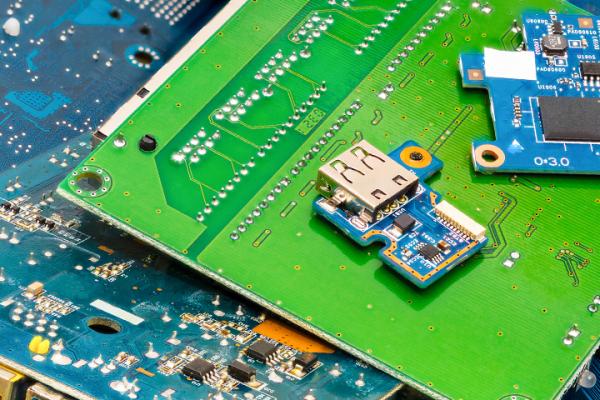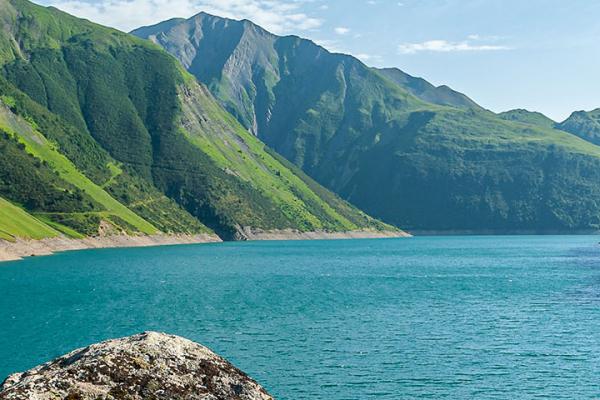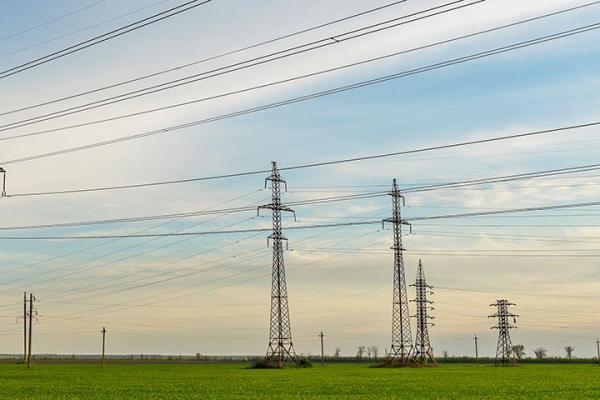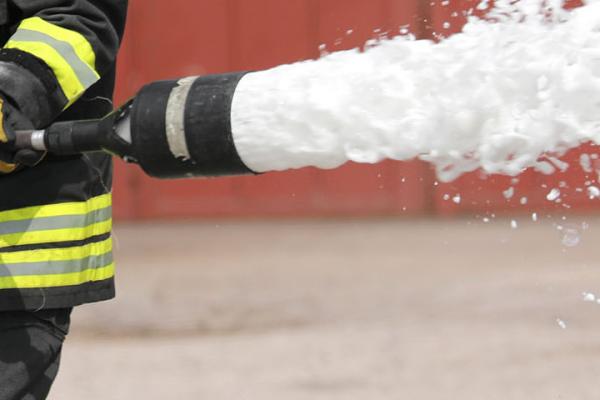Cargo ships and cruise liners may soon be harnessing the power of wind and waves to reduce their carbon emissions thanks to EU-funded researchers.
Microbes and fungi have long been nature’s helpers in producing fine food, drinks and medicine, but new digital technologies could unlock far greater potential for the European biotech sector.
Collaboration between Europe and Africa on support for small business start-ups is heralding in a new era for EU-Africa cooperation on innovation.
Reusing wastewater could be the solution to Europe’s growing water scarcity problem.
Greener sensors, circuit boards and other electronic devices are being developed by EU researchers to reduce unsustainably high levels of e-waste.
The EU drive towards green energy is seeking to harness a traditionally clean power source – with some tweaks.
Graphene has moved out of the laboratory and into the market thanks in no small part to the EU, according to Professor Patrik Johansson.
EU-funded researchers are looking to improve electric grid to reduce energy waste, cut costs and curb emissions.
More clean technologies must reach the market for the EU to meet its climate-neutrality goal, according to Austria’s Henriette Spyra.
Researchers are testing ways to remove “forever chemicals” from the environment and replace them in some commercial goods.








